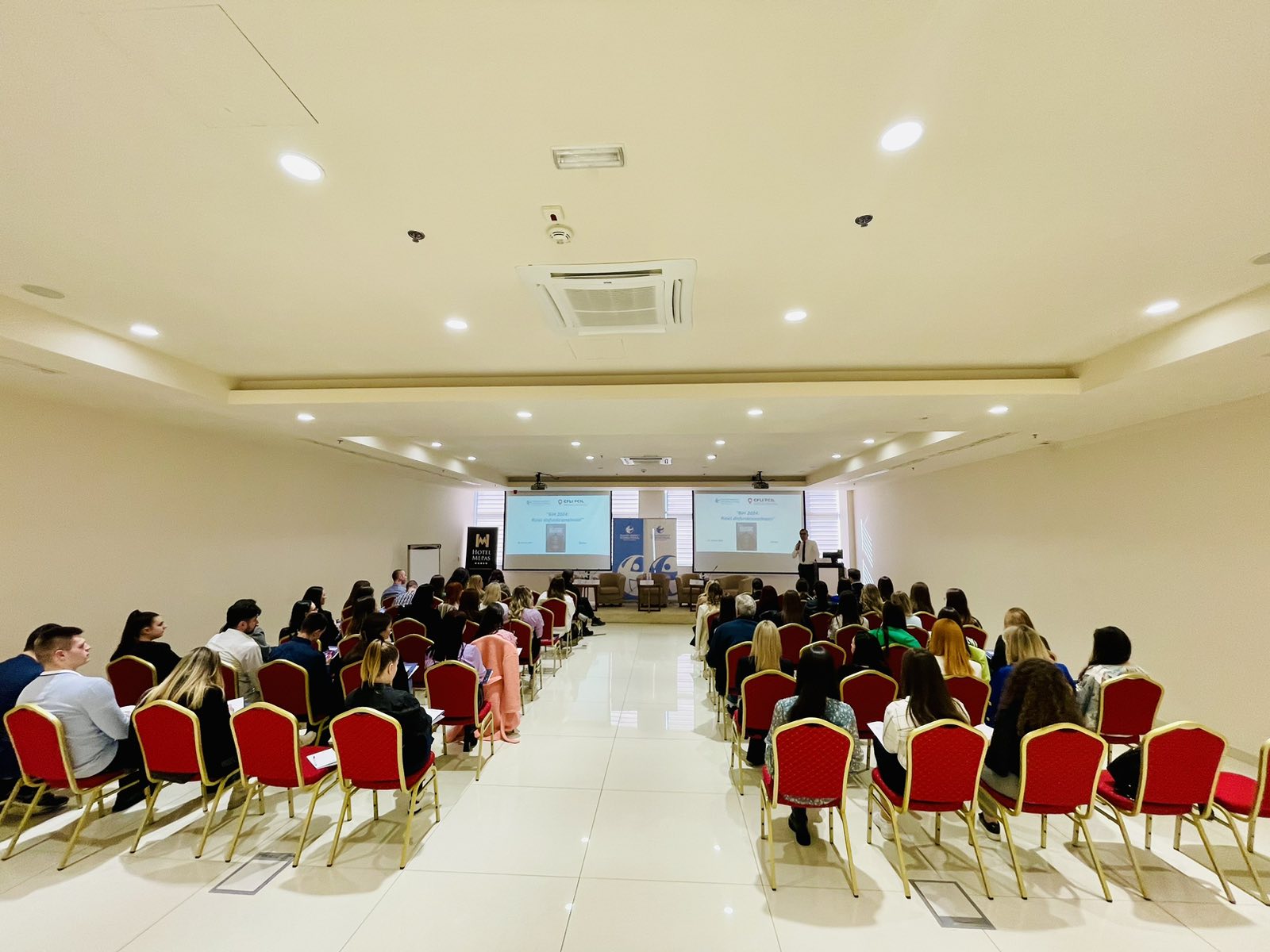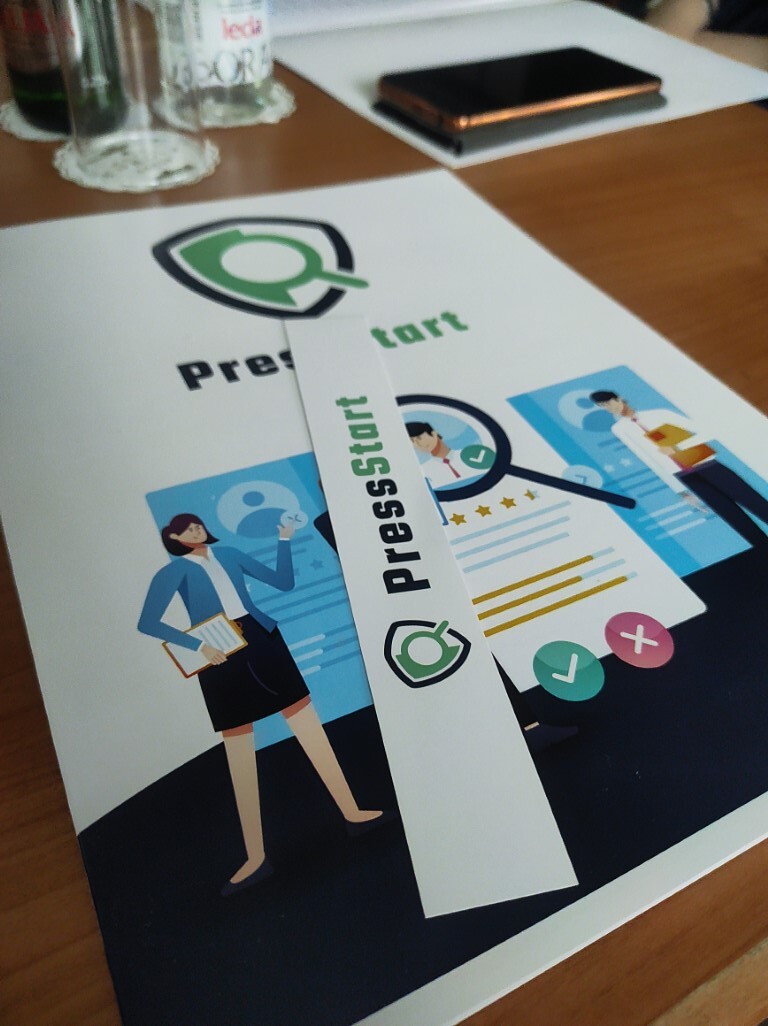Singapore, 11 May 2007 – Lot of economic transparency but much less political transparencyheld at the Lee Kuan
Singapore is a very open, yet at the same time a very closed, country when it comes to transparency, according to speakers at a conference on transparency and governance being...

Daniel Kaufmann, director of global programmes at the World Bank Institute, said via a video link from Washington that a transparency index he has compiled indicates that Singapore has a great deal of economic transparency but less in the way of political transparency.
‘Singapore is an outlier,’ he said. ‘It is one of the best in the world in terms of (the lack of) corruption, but not in terms of political transparency.’
Garry Rodan, director of the Asia Research Centre at Murdoch University in Western Australia, said Singapore and Malaysia have in recent years made reforms in the area of transparency based on economic rationale, ‘but not those grounded in political or citizenship rights’.
In Singapore, Temasek Holdings and the Government of Singapore Investment Corp (GIC) are not required by law to make their financials public, he said. ‘From the Singapore government's point of view, they have their own reasons why they are not prepared to be so forthcoming with the details of what these organisations are doing with their money.’
According to him, it is a ‘big improvement’ for Temasek to have voluntarily published its annual reports since 2004, though these have been confined to consolidated accounts that omit flows between subsidiary investments and historical financial data prior to 2001.
‘There have been some complaints by people in the finance sector that . . . it makes it difficult to independently verify claims about the investment yields that Temasek has been able to return for those investments,’ he said.
Professor Mahbubani pointed out that this does not detract from the integrity and ability of the Singapore government.
‘In Singapore you have absolutely no doubt that every dollar has been accounted for, and if any dollar is lost, the person who lost it will be held accountable for it,’ he said.
‘So that's the Singapore paradox. In the economic dimension, we are extremely open. But we still have the approach that the government wants, in a sense, to control the flow of information. In that sense, we are very different from other countries.’
Asked whether Singapore should consider allowing more freedom of information beyond the economic dimension, Prof Mahbubani said there is no clear-cut answer.
‘Actually, I'm not sure, because it depends on your assesment of the overall environment that Singapore is in,’ he said.
‘This is why I made the point of the security situation in Singapore. We are a uniquely vulnerable state.’
Singapore ‘actually has real secrets to worry about’, he said.
The Business Times Singapore
Uključite se
Budite u toku
Pretplatite se na naš bilten i dobijajte periodična obavještenja o našim objavama, najavama, pozivima i aktivnostima putem elektronske pošte.
Ne propustite
Ukoliko želite da dobijate naša saopštenja odmah nakon objavljivanja ostavite svoju e-mail adresu u polje ispod.



